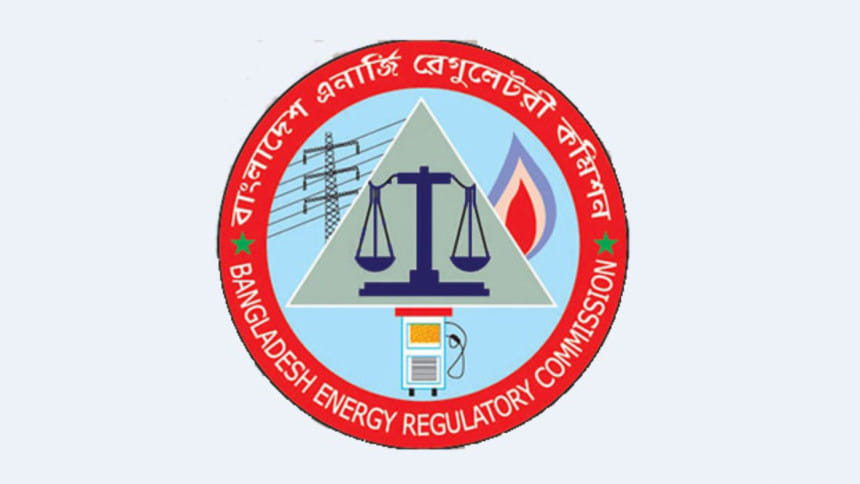Fixing Energy Prices: Govt curtails BERC’s power as regulator

Due to government interventions, the independent oversight of the Bangladesh Energy Regulatory Commission is being compromised, crippling its ability to ensure transparency in the sector, energy at a reasonable cost, and consumers' interest protection.
Following public hearings and a quasi-judiciary process, the BERC determines tariffs, issues licences, and oversees dispute settlement in the power and energy sector.
But bypassing the BERC, the government yesterday hiked gas prices for factories, power plants, and for hotels and restaurants.
The new prices, which are 14.49 percent to 178.88 percent higher, will be effective from next month.
Last Thursday, the government hiked the power price for consumers by 5 percent, again circumventing the BERC.
The government used a recent amendment to the BERC Act-2003 that allows it to fix energy prices under "special circumstances".
The arbitrary hike of gas and power prices came at a time when people are struggling to cope with inflation, food inflation, record fuel prices, elevated transportation costs, and the price increase of almost all commodities.
The cabinet on November 28 last year approved an amendment to the BERC Ordinance-2022 that empowers the government to set energy prices without having to wait for the commission's public hearings and decisions.
The summary of the draft amendment says adjusting power and gas prices following all rules was complex and time-consuming.
After the cabinet okayed the amendment, then cabinet secretary Khandker Anwarul Islam told reporters, "The BERC can take up to 90 days to review and decide on tariffs and this is a long time. The amendment is being made so that the government can set the fuel price on an urgent basis …."
The government made the amendment in December when parliament was not in session. President Abdul Hamid issued an ordinance and it was placed in parliament recently.
The government used its new powers to increase the electricity price just four days after the BERC held a public hearing on six power distributors' proposals to hike the price. Loads of questions were raised against the proposals during the hearing.
Some had suggested that the government reduces its subsidy burden by cutting unnecessary spending and ensuring transparency in supply, instead of burdening stressed consumers.
The commission had asked both sides to submit documents in their favour by January 15 but in the meantime, the government stepped in and the commission adjourned its process.
For hiking the gas prices, the government just declared the new rates.
Energy expert Prof M Shamsul Alam said the BERC was formed to protect consumers' rights and ensure a just and reasonable energy price for them.
"But the new provision has made BERC a defunct body," Shamsul told The Daily Star, adding that the government had earlier kept the full supply chain under wraps by forming the Quick Enhancement of Electricity and Energy Supply Act in 2010.
"Only in pricing there was some transparency, and now it is also going away," he lamented.
He said the BERC public hearing was a process in which people could question the price hike proposals and could access information like business profits, expenditures, and government subsidies.
"If the government sets energy and electricity prices by itself, there will be no need to provide consumers with such data," he said, adding that it was a serious blow to transparency.
Shamsul also said the BERC process allowed irregularities and unnecessary expenditures to be identified but now the process is doomed.
"We had dreamt that such process will be implemented in other sectors and the BERC -- formed to protect the rights of consumers, and investors and to make a competitive market -- will be an exemplary organisation."
Economy and energy expert Prof AK Enamul Haque, dean of the Faculty of Business and Economics at East West University, said since its inception in 2003, the BERC could not act independently. There were hearings and the setting of prices but the BERC had to consult the government to fix prices as subsidies were involved.
"The commission could neither protect the consumers' rights nor fulfil the government's wishes properly. The BERC failed to play its role and that's why the people were not happy with it," he said.
"After the latest amendment, there will be no need for the BERC."

 For all latest news, follow The Daily Star's Google News channel.
For all latest news, follow The Daily Star's Google News channel. 







Comments